Removing rust stains from a quartz countertop requires a careful approach to ensure the stain is effectively treated without damaging the quartz surface. While quartz is a durable and non-porous material, rust stains can still occur, typically as a result of contact with metal objects or water containing high levels of iron. In this exploration, we’ll delve into various methods for safely and effectively removing rust stains from quartz countertops, taking into consideration the characteristics of quartz and the potential impact of different cleaning agents.
One of the initial steps in dealing with a rust stain on a quartz countertop is to identify the source of the stain. If the stain is caused by a metal object left on the countertop, such as a can or a utensil holder, it’s crucial to remove the metal item to prevent further staining. Additionally, addressing the source helps in preventing future rust stains from occurring.
When it comes to cleaning rust stains from quartz, it’s essential to avoid abrasive cleaners or scouring pads, as these can scratch the surface of the countertop. Instead, opt for gentler cleaning methods. One effective approach is to create a paste using baking soda and water. Apply the paste to the rust stain, allowing it to sit for a few minutes. Then, gently scrub the area with a soft cloth or sponge.
For persistent rust stains on a quartz countertop, a mixture of lemon juice and salt can be used. The citric acid in the lemon juice helps break down the rust, while the abrasive nature of salt aids in the scrubbing process. Combine the lemon juice and salt to form a paste, apply it to the rust stain, and gently scrub the area. Once done, thoroughly rinse the countertop to remove any residue.
Commercial rust stain removers designed for stone surfaces can also be effective on quartz countertops. These products are formulated to break down rust without causing harm to the quartz. Follow the manufacturer’s instructions for application, ensuring that the product is suitable for quartz surfaces. After applying the rust stain remover, rinse the countertop thoroughly to remove any residue.

In cases where the rust stain persists, a mixture of vinegar and water can be utilized. Vinegar, with its acidic properties, can help dissolve the rust. Mix equal parts of white vinegar and water, apply the solution to the rust stain, and allow it to sit for a few minutes. Gently scrub the area with a soft cloth or sponge, then rinse the countertop thoroughly.
It’s important to note that prolonged exposure to acidic substances, such as vinegar, can potentially harm the resin used in quartz countertops. Therefore, it’s advisable to limit the use of acidic cleaners and to thoroughly rinse the countertop after cleaning to prevent any damage.
Preventive measures can also play a role in avoiding rust stains on quartz countertops. Ensure that metal objects with the potential to rust, such as cans or containers, are not left directly on the countertop for extended periods. Using coasters or protective pads under metal items can help create a barrier between the metal and the quartz surface.
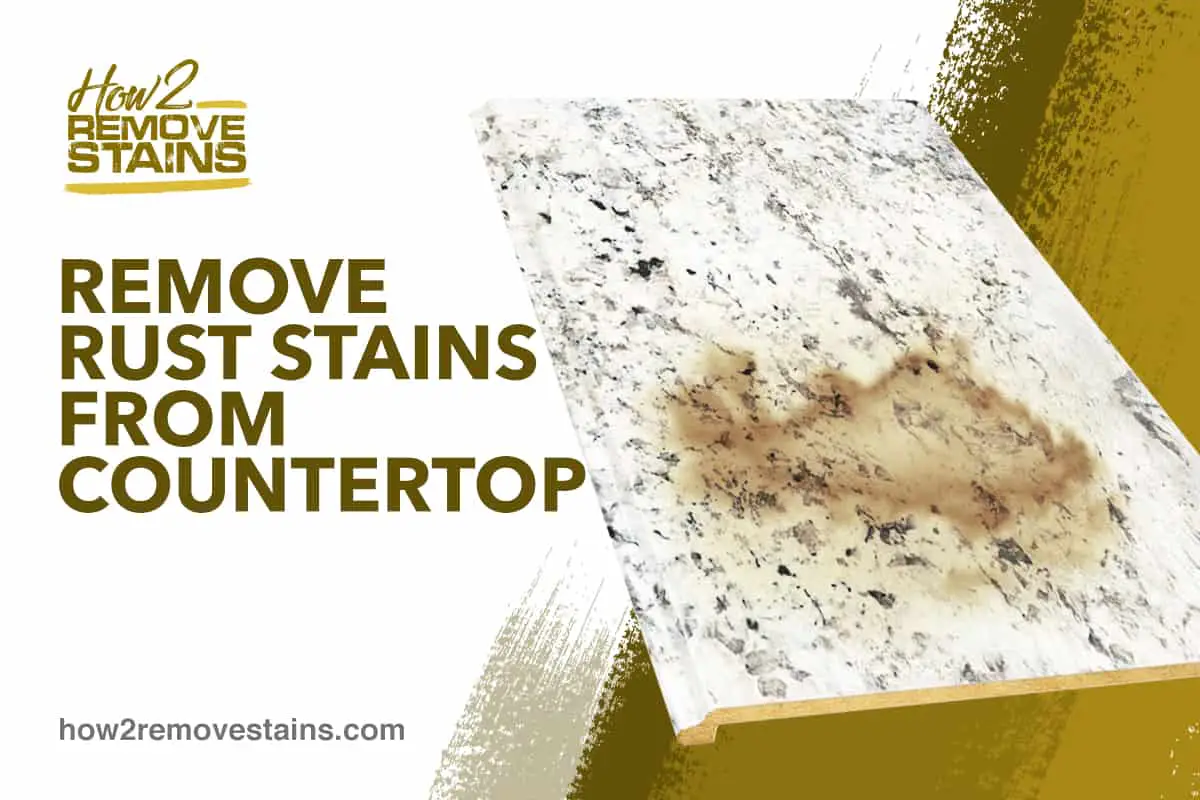
In some instances, especially if the rust stain is deeply embedded, a professional stone restoration specialist may be consulted. These professionals have the expertise and tools to address stubborn stains without causing damage to the quartz. It’s advisable to seek professional assistance if home remedies do not yield satisfactory results.
Regular maintenance and cleaning are key to preventing rust stains and maintaining the pristine appearance of a quartz countertop. Wiping the countertop regularly with a mild, pH-balanced cleanser and a soft cloth helps remove debris and potential staining agents. Promptly addressing spills and stains can prevent them from becoming more challenging to remove over time.
While quartz is resistant to many household chemicals and substances, it’s crucial to avoid using harsh chemicals or abrasive cleaners on the countertop. Substances like bleach or abrasive scouring pads can damage the resin in the quartz, compromising its integrity. Stick to gentle cleaning agents and methods to ensure the longevity of the countertop.
Removing rust stains from a quartz countertop involves a strategic and cautious approach to preserve the beauty and integrity of the surface. Home remedies using baking soda, lemon juice, or vinegar can be effective for mild stains, while commercial rust stain removers offer a targeted solution. Preventive measures, such as using protective pads and promptly addressing spills, contribute to the overall care and maintenance of a quartz countertop. When in doubt or dealing with stubborn stains, consulting with a professional ensures that the cleaning process is effective and safe for the quartz surface.
Images Related to Remove Rust Stain From Quartz Countertop
Quartz Countertop Stain
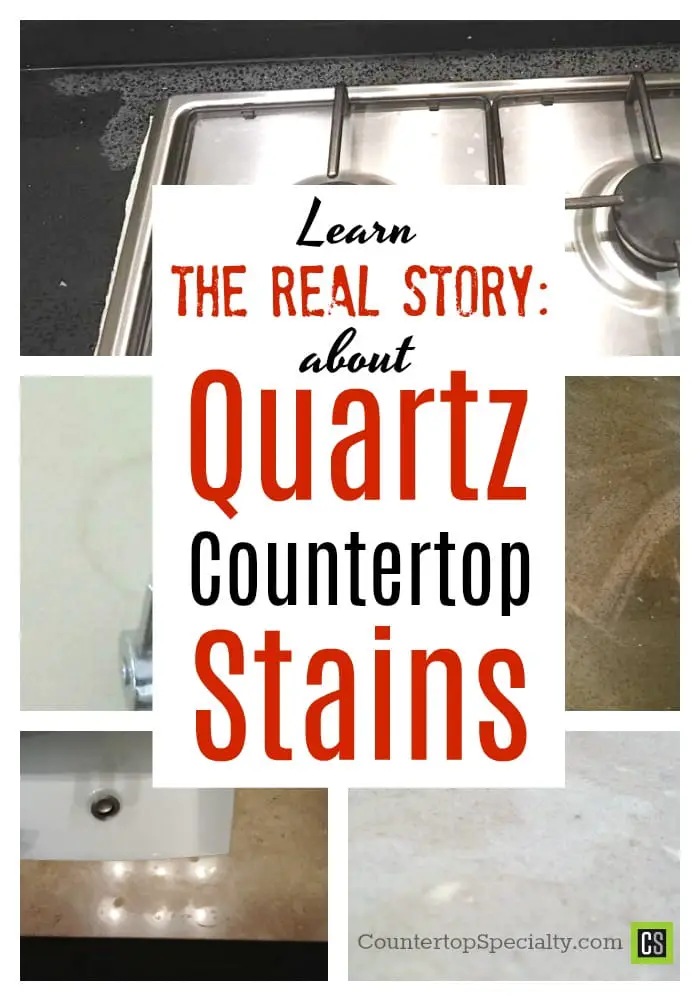
How to Remove Rust Stain from Countertop [ Detailed Answer ]
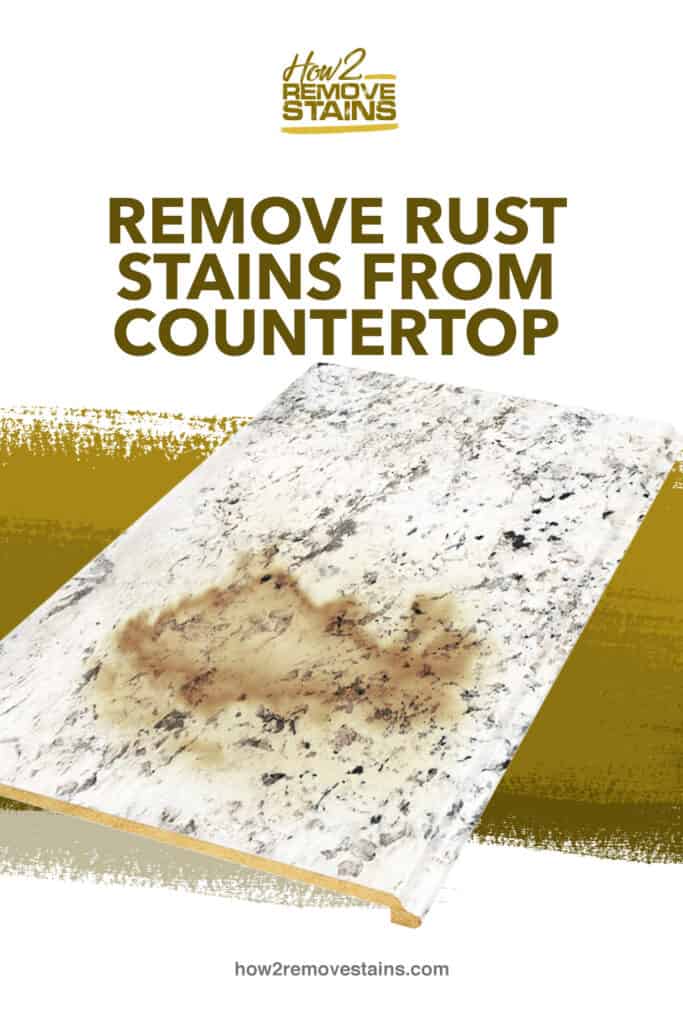
How to Remove Rust Stain from a Countertop A Brief Guide By Expert
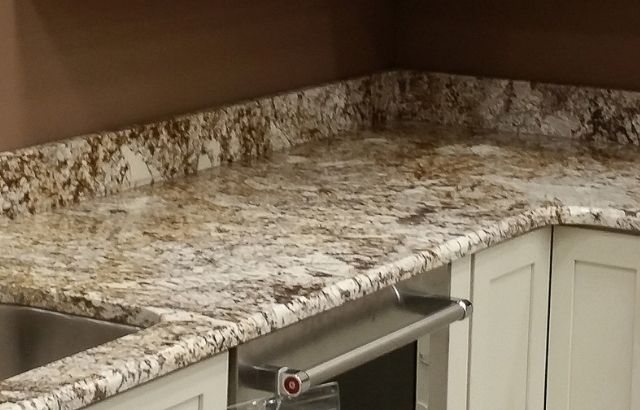
How to remove rust stains from a granite counter – The Washington Post
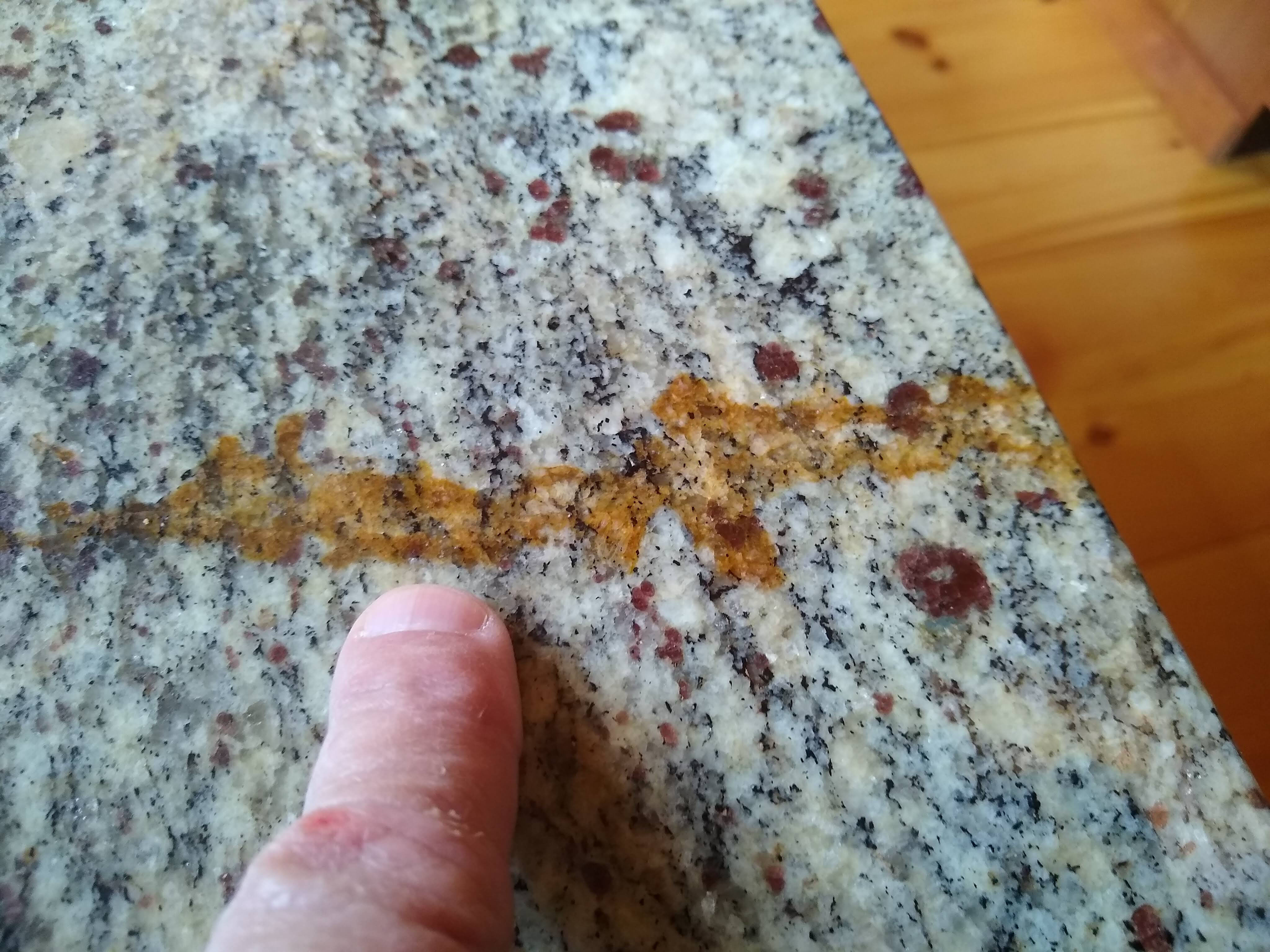
Cleaning Quartz Worktops Calacutta removing stains

Quartz Countertop Stain

How to Remove Rust from Marble in 2021: Steps Marble.com
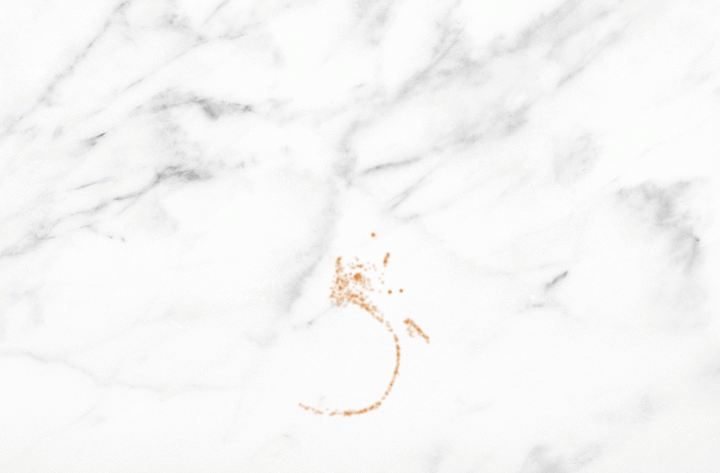
Related articles: